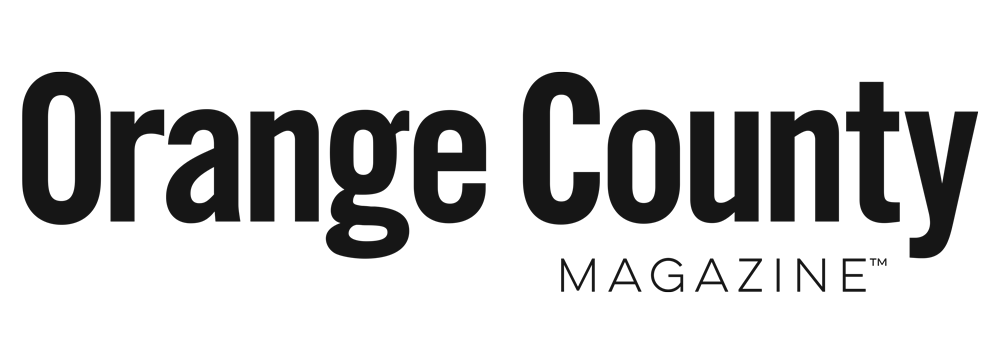Organically Superior
Go Green
What foods you need to buy organic
New organic foods are appearing daily at the grocery store, from cereal to butter to potato chips. However most families can’t afford to go completely organic, so the question becomes which foods should top the priority list when you are able to shop organically and which are okay to buy non-organic.
What to buy Organic
Meat, Dairy, and Eggs
Organic meat, milk, and eggs are free of antibiotics, added growth hormones, and pesticides. Unlike their conventional counterparts, the animals used for organic products are raised without antibiotics or hormones. Chemicals present in animal feed can end up in conventional meat, dairy, and eggs. However, organically raised animals eat an organic diet that does not contain pesticides or fertilizers. That's why the top three items on a buy-organic list should be:
- Meat including Beef, Pork, Chicken and Turkey
- Milk and Dairy Products
- Eggs
Fruits and Vegetables
The fruits and vegetables listed below have high levels of pesticides even after being washed, so these are a priority for buying organic. Most are thin-skinned, making them very susceptible to contamination. In general, produce with thicker skins retain less pesticide residues. According to the Environmental Working Group , the following items contain the highest concentration of pesticides.
- Peaches and Nectarines: Peaches require a large amount of pesticides to grow conventionally and have extremely delicate skin, making them the top organic fruit pick – with nectarines not far behind.
- Apples: Apples are the second priority when choosing organic produce, as their pesticide loads consistently test high.
- Bell Peppers: Bell peppers are the number one vegetable to buy organic. They have thin skins and are heavily sprayed with insecticides.
- Celery: Celery lacks a protective outer layer and needs many different chemicals for conventional growth, making it number two on the list of vegetables to buy organic.
- Strawberries: This sweet fruit is ranked high on the organic priority list. They are treated with very large amounts of pesticides, including fungicides. When purchased out-of-season, they probably come from a country with inadequate pesticide regulations.
- Cherries: Cherries continually rank high for pesticide contamination.
- Lettuce and Spinach: Lettuce and spinach are often found to have high levels of various pesticides – sometimes very potent types.
- Imported Grapes: Imported grapes are likely to have higher pesticide levels than domestic. Vineyards may be sprayed with a number of different pesticides throughout the growing season. Because grapes have a permeable skin, even peeling will not eliminate the residues.
- Pears: Pears consistently show high levels of pesticides when tested.
- Potatoes: Potatoes are at high risk for pesticide contamination and may also be affected by chemicals, such as fungicides, in the surrounding soil.
Other top buy-organic foods:
- Coffee: Conventional coffee farming depends heavily on pesticides and herbicides.
Furthermore, coffee is typically grown in countries where these chemicals are not strictly regulated.
- Baby Foods and Juices: Whether you make your own baby food or buy commercial varieties, organic is best for your little one – especially when you're using the items listed above.
Safe to Buy Non-Organic
Not all foods have to be purchased organic. Package or highly processed foods such as chips, pasta, bread, cereal, oil and canned or dried fruits and vegetables don’t have a difference in safety and nutrient values between organic and non-organic versions. Other produce that is ok to buy non-organic have a thick skin and include pineapple, mango, kiwi, banana, mango, papaya and watermelon. In the vegetable family you can safely buy non-organic onions, avocado, sweet corn, sweet peas, asparagus, cabbage, broccoli and eggplant.




